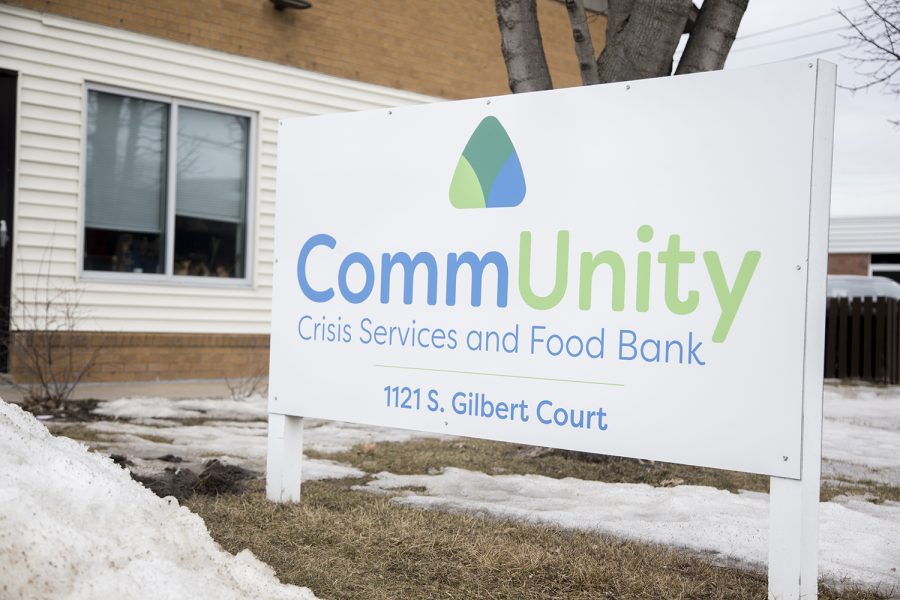When students think of university faculty or staff responsibilities, they probably think of lectures, office hours, and conferences. Similarly, the life of many academics is often thought to consist simply of regular attendance, reasonable work hours, and some
administrative tasks.
However, this is just the tip of the iceberg. The schedule of a faculty member also includes research time, grading assignments, meeting deadlines, and tiresome administrative work.
Likewise, a staff member may also have to make up for others’ absences, handle events, attend meetings, and work on holiday schedules.
The stresses of all these regular activities from a job can lead to burnout. While faculty members, and staff work hard to care for the mental health of students, who would they approach in case of a mental health issue?
The University of Iowa recently expanded its 24/7 support and crisis line to faculty, staff and postdoctoral students. The system will operate in collaboration with the CommUnity Crisis Services of Iowa city.
Considering the growing concern for the mental health of faculty and staff, this move can further help destigmatize mental health issues and improve their experiences at their workplaces.
Joni Troester, the UI’s senior assistant vice president and deputy chief human resources officer, wrote in an email to The Daily Iowan that mental health is a critical component for success and holistic wellbeing, therefore, as part of its “commitment to mental health support” the crisis line has become available to everyone.
Troester also wrote that the 24/7 crisis line makes mental health accessible without having to wait for office appointments or waiting for offices to open.
“The normalization of seeking help reduces stigma, empowering individuals to address challenges early,” Troester wrote. “Accessible resources foster a healthier campus community, prioritizing well-being for all.”
A study in the Journal of American College Health identifies that one-third of the members of a campus community — including faculty, staff, and students — face symptoms of severe depression, anxiety, and stress. Additionally, the research also highlights unhealthy coping mechanisms such as reliance on alcohol or drugs due to the lack of access to psychological help.
A narrative review in the National Library of Medicine attributes these symptoms to stressors like multitasking both teaching and administering, high demands in a tenure track position, and the lack of acknowledgment and recognition of one’s work.
According to research from the National Library of Medicine, mental health issues faced by technical and administrative staff are because of the complexities of their contracts and associated legalities, work overload, shortage of staff, and the unstable nature of employment.
The symptoms of these stressors can manifest as irregular sleep patterns, lack of proper nutrition, and poor physical health.
A 2023 study published in the Journal of American College Health also highlights the personal biases of faculty and staff toward mental health, which include the fears of isolation from their community or that they would be perceived as less capable. Therefore, the university crisis line, which provides confidential support, will make psychological help more accessible.
A vibrant student community on campus is made possible by the efforts of faculty and staff. Even though the crisis line has now been made available to faculty and staff, we need to consider that their mental health issues are still less talked about in social and educational settings. Therefore, we need to ensure that their mental health challenges are consistently addressed, because their wellbeing further supports student wellbeing and success.













